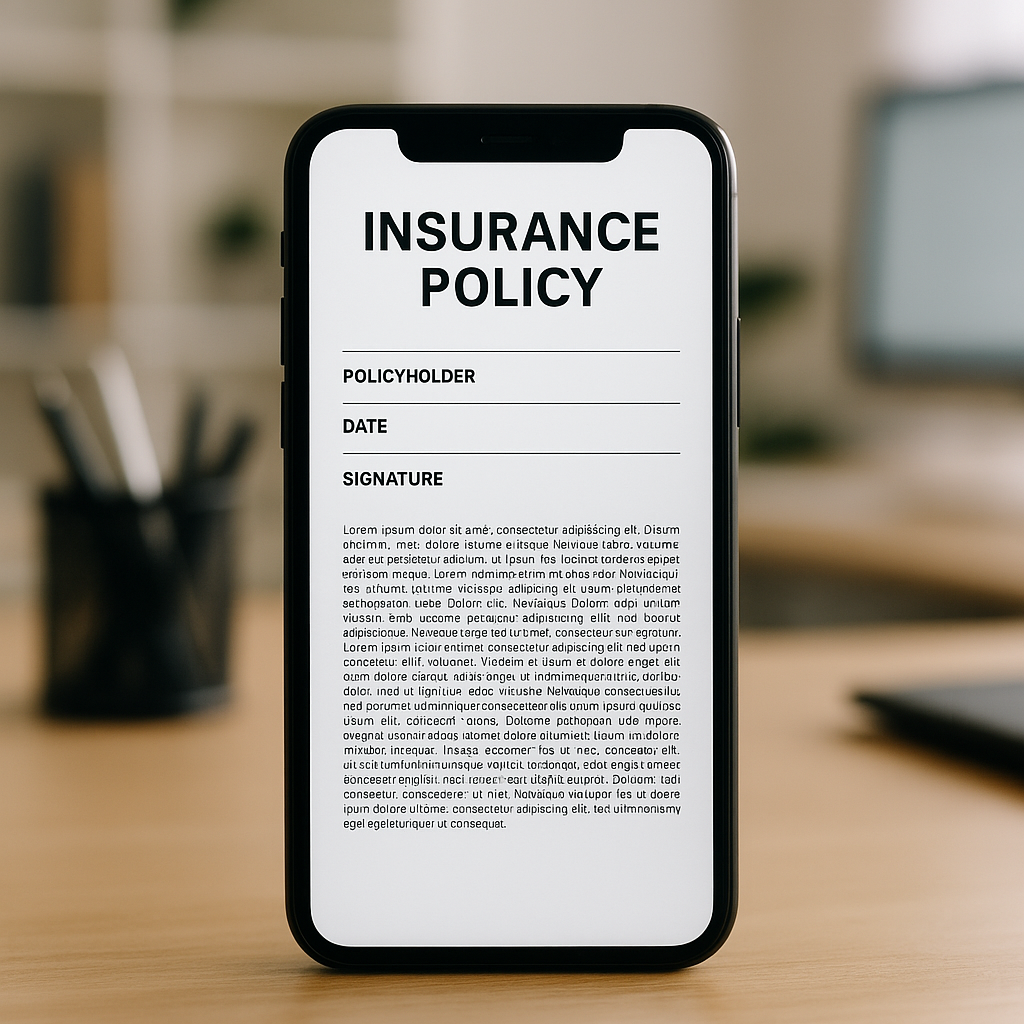Guide to Handling Insurance Claims After a Hurricane
TLDR: Essential Steps for Handling Hurricane Insurance Claims
Prioritize safety and assess the damage after the hurricane.
Document all damage with photos, videos, and a detailed inventory.
Contact your insurance company promptly and keep thorough records.
Be present during the adjuster's inspection and provide accurate information.
Consider hiring a public adjuster for assistance, especially if your claim is disputed. Filing an insurance claim after a hurricane can be daunting, but with the right preparation and knowledge, you can navigate the process more confidently. Always document thoroughly, communicate clearly, and don’t hesitate to seek professional assistance when needed.
If you’re dealing with a hurricane insurance claim and need expert help, Shoreline Public Adjusters is here to assist you. Contact us today for a free consultation!
Understanding Hurricane Insurance Claims
Dealing with the aftermath of a hurricane can be overwhelming, especially when it comes to handling insurance claims. Navigating the complex process of filing a claim, documenting damages, and negotiating with your insurance company requires careful planning and understanding. In this comprehensive guide, we will walk you through the essential steps to take after a hurricane to ensure your insurance claim is successful.
Whether you're a homeowner dealing with storm damage or someone seeking advice on how to file an insurance claim after a hurricane, this guide is designed to help. We’ll cover essential hurricane insurance claim tips for homeowners, the best practices for dealing with insurance companies after storm damage, and a step-by-step approach to maximize your claim's success.
Assessing the Damage: The First Step
After the storm has passed, your first priority is safety. Ensure that your home and surroundings are secure before starting the damage assessment. Use caution when entering damaged structures and be mindful of hazards such as downed power lines, flooding, or structural instability.
Documenting the Damage
Take detailed photographs and videos of all affected areas, both inside and outside your property. Capture wide shots as well as close-ups to showcase the extent of the damage. Include:
Roof damage
Broken windows or doors
Water damage to floors, walls, and ceilings
Structural issues
Damage to personal belongings
Creating an Inventory
List every damaged item and include details such as the brand, model, age, and estimated value. This inventory will be crucial when filing your insurance claim.
Contacting Your Insurance Company
Once you have thoroughly documented the damage, reach out to your insurance provider to initiate the claims process. Be prepared to provide:
Your policy number
A brief description of the damage
An estimated timeline of when the damage occurred
Tips for Successful Communication
Keep records of all communications, including the names of representatives and the content of your conversations.
Follow up with your insurer regularly to stay updated on your claim’s progress.
Be clear and concise when describing the damage and needed repairs.
Filing Your Hurricane Insurance Claim
Filing a claim promptly can significantly impact your chances of receiving compensation. Here are the essential steps:
Notify your insurer as soon as possible.
Fill out the required forms accurately.
Provide your documentation, including photos and your damage inventory.
Keep a copy of all submitted documents for your records.
Dealing with Adjusters
Expect an adjuster to visit your property to assess the damage firsthand. Be present during the inspection to answer questions and highlight areas of concern.
Tips for Maximizing Your Claim
Be honest and thorough in your descriptions.
Do not exaggerate the damage, as this can delay your claim.
Consider hiring a public adjuster to advocate for you, especially if the insurance company offers a lower settlement than expected.
Navigating Disputes and Denials
If your claim is denied or the payout is less than anticipated, you have options. Start by:
Reviewing your policy to understand your coverage.
Asking for a written explanation of the denial.
Filing an appeal if necessary.
Consulting a public adjuster for guidance.
Final Thoughts
Filing an insurance claim after a hurricane can be daunting, but with the right preparation and knowledge, you can navigate the process more confidently. Always document thoroughly, communicate clearly, and don’t hesitate to seek professional assistance when needed.
If you’re dealing with a hurricane insurance claim and need expert help, Shoreline Public Adjusters is here to assist you. Contact us today for a free consultation!
Shoreline Public Adjusters, LLC
780 Fifth Avenue South
Suite #200
Naples, FL 34102Email: hello@teamshoreline.com
Phone: 954-546-1899
Fax: 239-778-9889


